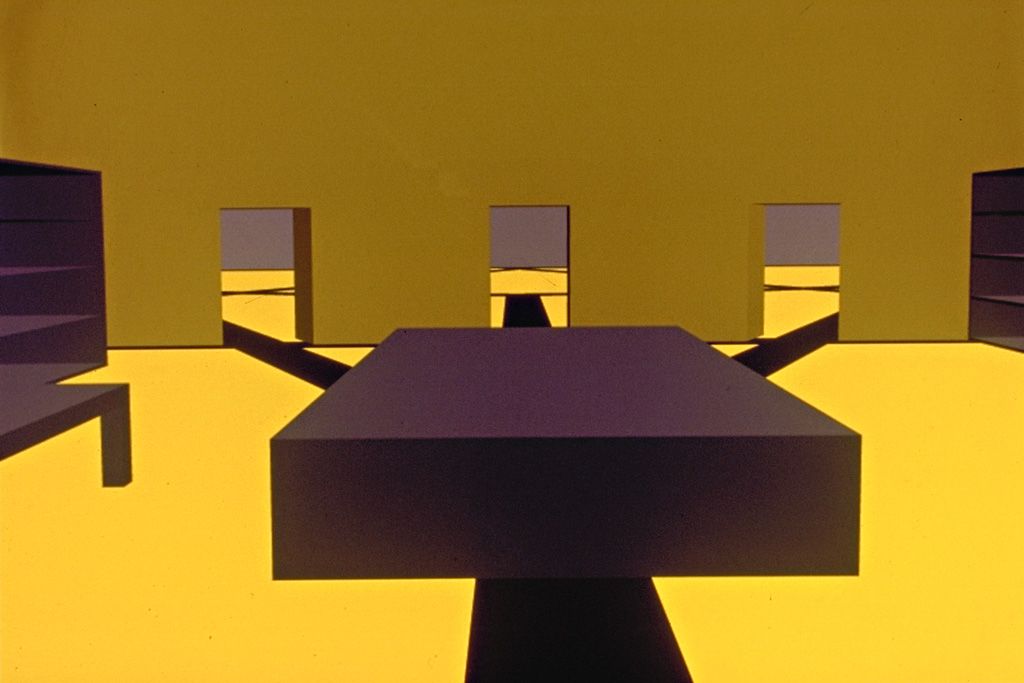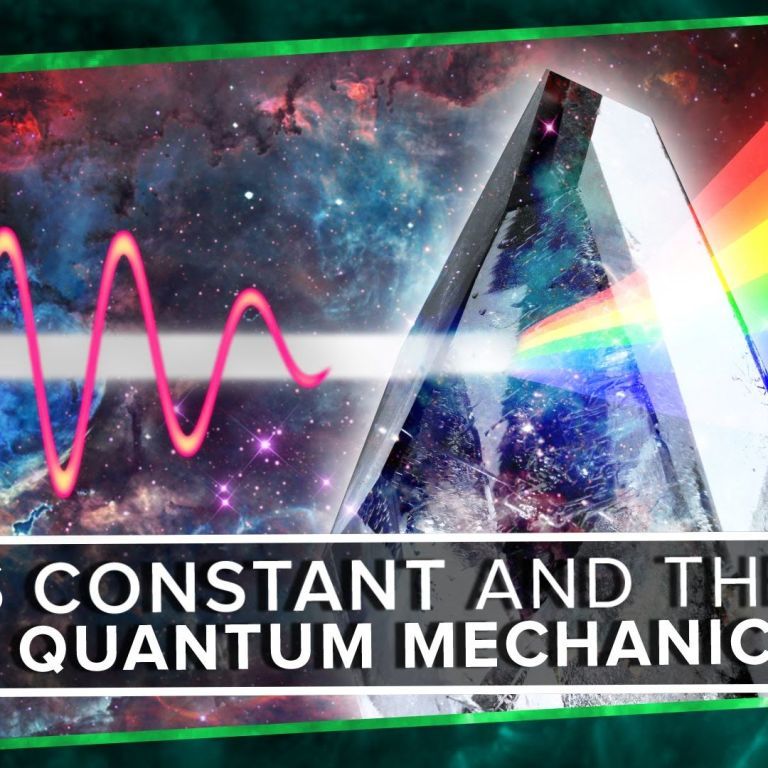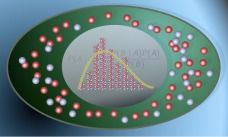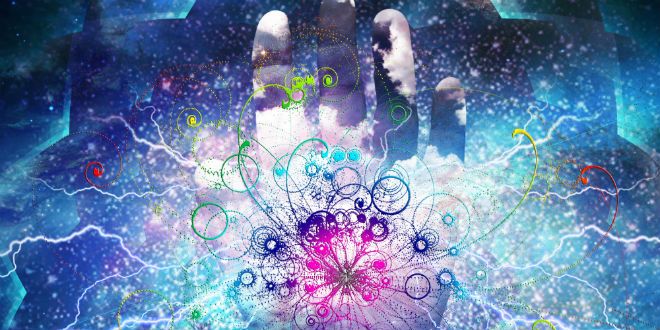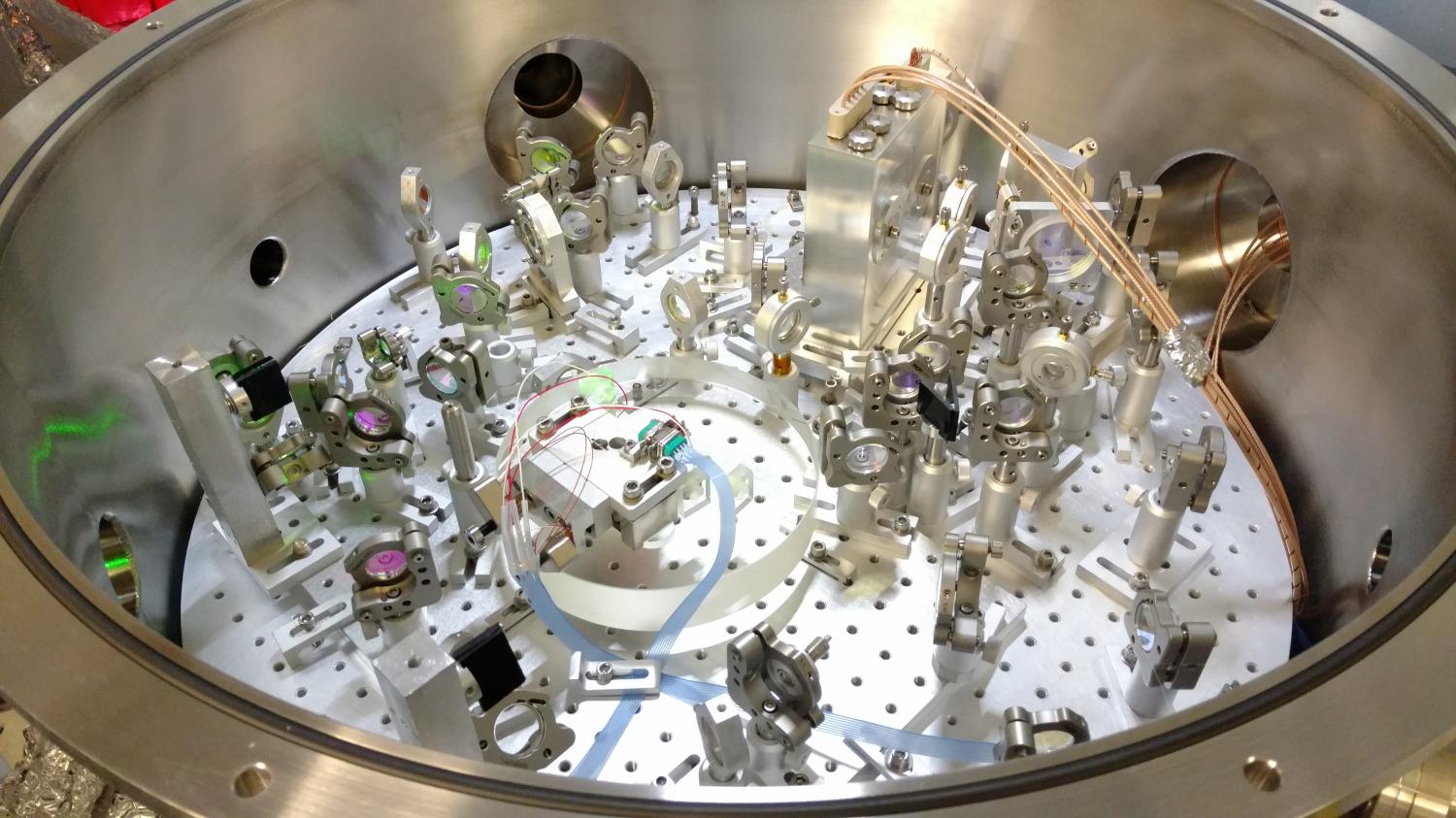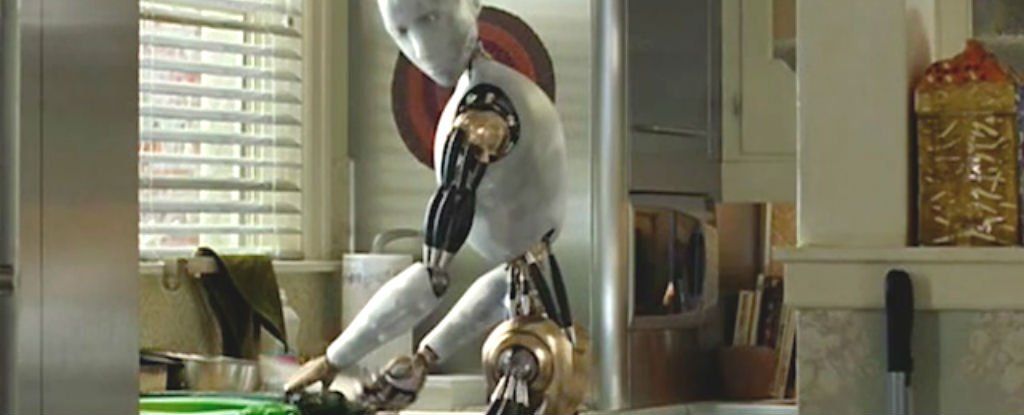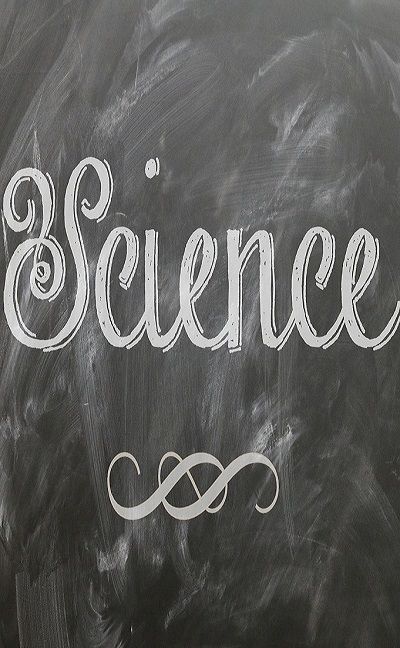Page 11036
Jun 23, 2016
A Brief Explanation of Planck’s Constant and the Birth of Quantum Physics
Posted by Karen Hurst in category: quantum physics
Jun 23, 2016
Physicists create a high-precision ‘quantum ruler’
Posted by Karen Hurst in categories: engineering, quantum physics
Physicists from the Russian Quantum Center (RQC), MIPT, the Lebedev Physical Institute, and L’Institut d’Optique (Palaiseau, France) have devised a method for creating a special quantum entangled state. This state enables producing a high-precision ruler capable of measuring large distances to an accuracy of billionths of a metre. The results of the study have been published in Nature Communications (“Loss-tolerant state engineering for quantum-enhanced metrology via the reverse Hong–Ou–Mandel effect”).
“This technique will enable us to use quantum effects to increase the accuracy of measuring the distance between observers that are separated from one another by a medium with losses. In this type of medium, quantum features of light are easily destroyed,” says Alexander Lvovsky, a co-author of the paper, the head of the RQC scientific team that conducted the research, and a professor of the University of Calgary.
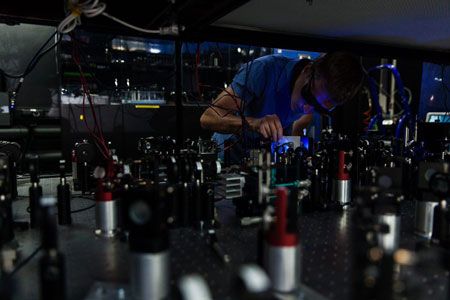
Continue reading “Physicists create a high-precision ‘quantum ruler’” »
Jun 23, 2016
How molecules can do statistics
Posted by Karen Hurst in categories: bioengineering, biological, genetics
Mobile phones have become commonplace. Modern communication devices like mobile phones need to exchange huge amounts of information. However, what is hidden underneath the elegantly shaped plastic casings is quickly forgotten: Complex signal processors constantly fighting against noise and steadily adapting themselves to changing environment.
But noise and changing environmental conditions do not only affect electrical circuits. In synthetic biology scientists are facing similar problems. However, in synthetic biology a methodology to deal with noise does not exist yet. Prof. Mustafa Khammash and Christoph Zechner of the Department of Biosystems Science and Engineering have studied how conventional signal processors can be translated into biochemical processes — built and operated inside living cells.
A major limitation in engineering biological circuits is that host cells — even if they are genetically identical — are never the same. For instance, cell A might be in a different cell-cycle stage or have more ribosomes available than cell B. Therefore, the same synthetic circuit may behave very differently in each of these two cells. In extreme cases, only a small fraction of cells might show the correct behavior, while the remaining cells act unpredictably. This is referred to as context-dependency.
Jun 23, 2016
“Computational Complexity and Fundamental Physics”
Posted by Karen Hurst in categories: physics, space
Sharing in case anyone is interested Prof. Scott Aaronson’s Computational discussion on “Complexity and Fundamental Physics”.
Summer continues, and the public lecture series on physics continues a pace at the Aspen Center for Physics with Dr. Catherine Heymans of the University of Edinburgh talking today on the “Dark Side of the Universe”.
The talk is part of one of the three workshops currently taking place:
Jun 23, 2016
Has a Prominent Physicist Proved the Existence of God?
Posted by Karen Hurst in category: space
World renown physicist Michio Kaku states God is real. Kaku’s own words “After conducting tests on what he calls “primitive semi–radius tachyons”, Kaku came to a remarkable conclusion: “the only explanation for his results is that there must be a God.”
“This is an old idea, that the universe is intentionally designed so there must be a God,” Professor Aviezer told Breaking Israel News. “William Paley, an 18th-century Christian theologian, gave the watchmaker argument. If you find a watch in forest, then you can assume there is a watchmaker, because complicated things do not occur by themselves. In the same way, the universe proves the existence of its maker.”
However, “This argument is wrong,” stated the professor. “Complicated items do form by themselves. Crystals and chemical reactions are the most complicated things and they happen by themselves. My favorite example is snowflakes, which each form uniquely by themselves. But that is not proof there is a God.”
Continue reading “Has a Prominent Physicist Proved the Existence of God?” »
Jun 23, 2016
Doubled sensitivity could allow gravitational wave detectors to reach deeper into space
Posted by Andreas Matt in categories: cosmology, physics
Researchers from the Massachusetts Institute of Technology (MIT) and Australian National University have developed new technology that aims to make the Advanced Laser Interferometer Gravitational-Wave Observatory (LIGO) even more sensitive to faint ripples in space-time called gravitational waves.
Scientists at Advanced LIGO announced the first-ever observation of gravitational waves earlier this year, a century after Albert Einstein predicted their existence in his general theory of relativity. Studying gravitational waves can reveal important information about cataclysmic astrophysical events involving black holes and neutron stars.
In The Optica l Society’s journal for high impact research, Optica, the researchers report on improvements to what is called a squeezed vacuum source. Although not part of the original Advanced LIGO design, injecting the new squeezed vacuum source into the LIGO detector could help double its sensitivity. This would allow detection of gravitational waves that are far weaker or that originate from farther away than is possible now.
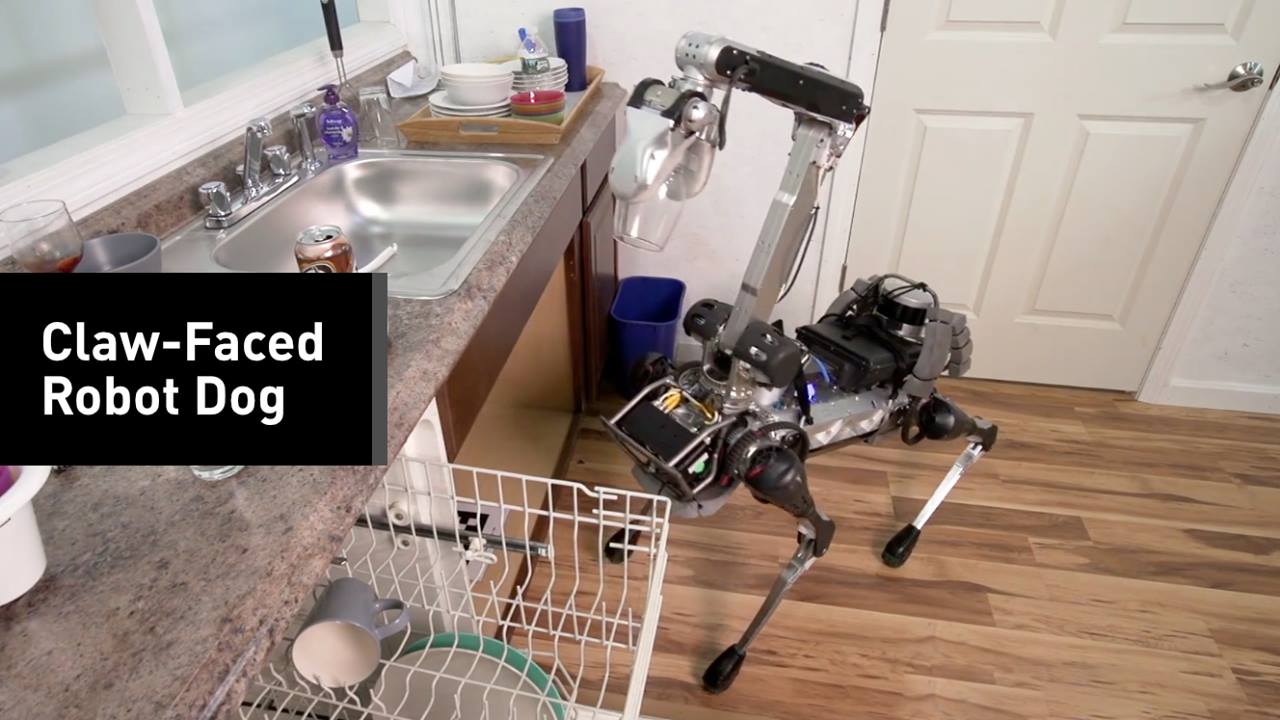
I need these for my home.
The latest robot from Boston Dynamics can do all your chores for you—with its face.
Meet SpotMini.
Jun 23, 2016
Elon Musk’s new company is developing robots to do your housework
Posted by Shailesh Prasad in categories: Elon Musk, robotics/AI
For most people, housework is the absolute worst, and it’s kinda weird how in 2016, we still don’t have anything remotely like Rosie the robot maid, who vacuumed the hell out of the Jetsons’ house.
Well, it might finally be our time, because multitasking entrepreneur Elon Musk just announced that his new robotics firm, Open AI, will be developing ‘domestic robots’ that can perform basic household chores.
To accelerate the process, Open AI will be developing the robots based on technology that already exists — basically, it’s going to be taking off-the-shelf robots and customising them to do housework.
Continue reading “Elon Musk’s new company is developing robots to do your housework” »
Jun 23, 2016
Scientific Innovation Needs the European Union to Succeed
Posted by Zoltan Istvan in categories: bioengineering, biotech/medical, computing, cyborgs, economics, employment, genetics, life extension, neuroscience, robotics/AI, transhumanism
My new Psychology Today story on BREXIT and the EU:
Scientific innovation doesn’t just happen on its own. It takes stable economies, free societies, and open-minded governments. The best environment for science to thrive in is that of collaborating groups incentivized to communicate and cooperate with one another. This is precisely what the European Union is.
And now, more than ever, the union of Europe is needed—because we are crossing over into the transhumanist age, where radical science and technology will engulf our lives and challenge our institutions. Robots will take 75% of the jobs in the next 25 years. CRISPR gene editing technology will allow us to augment our intelligence, perhaps doubling our IQ. Bionic organs will stave off death, allowing 200 year lifespans.
Continue reading “Scientific Innovation Needs the European Union to Succeed” »
